In preparation for the 2023 general election, the Independent National Electoral Commission (INEC) has budgeted N239.2 billion for execution of 10 Major Electoral activities.
This was revealed in the 2023 Election Project Plan (EPP) launched on Thursday in Abuja.
The amount accounts for 78.44 per cent of the total N305 billion proposed for the entire 2023 election.
Join our WhatsApp ChannelIt could be recalled that INEC had in December 2021, presented a budget of N305 billion to the National Assembly for the 2023 general election.
As indicated in the EPP 2023, the 10 major electoral activities include Procurement of Accreditation Devices, Provision For Run-Off Elections, Honoraria for Adhoc Staff, Election Logistics Expenses (Movement, Deployment and Retrieval of Men and Materials for Election, and Printing of Ballot Papers.
Others are Procurement of Non-Sensitive Materials, Printing of Result Sheets, Procurement of Ballot Boxes, and Procurement of Operational Vehicles.
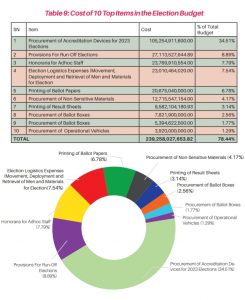
The dominant cost item in the election budget is the deployment of electoral technology (voter enrolment and accreditation devices), which will amounts to N105.2 billion (34.52 per cent of the entire budget). The materials are to improve integrity and credibility of electoral process.
Another major expenditure item in the budget is N27.1bn set aside for conduct of run-off elections.
Election logistics (Movement, Deployment and Retrieval of Men and Materials for Election) is N23 billion, while allowance for adhoc staff who will be more than one million is N23.7 billion.
The commission also earmarked N20.6bn for printing of ballot papers, and N12.7bn for the procurement of non-sensitive materials, N9.5bn for the printing of result sheets, N7.8bn for procurement of ballot boxes and another N5.39bn for the same purpose.
According to the INEC’s Election Project Planning Committee (EPPC), the budget for 2023 general election is heavily impacted by the rising cost of things which consequently affect cost of providing required electoral services to Nigerians.
“These include voter registration, voter education and information, training, procurement of sensitive and non-sensitive election materials, voting operations on Election Day including the deployment and reverse logistics for personnel and materials, collation, transmission and declaration of results and electoral dispute adjudication.”
A comparison of the 2023 election budget with that of 2019 which was 189 billion shows an increase of 61.37 per cent.
While explaining the difference, INEC noted that with 189 billion, it had 84 million registered voters in the 2019 elections, but would have about 100 million voters 2023.
It noted that while the average cost per voter was $7.38 in 2019, it had dropped to $5.39 per voter.
It also indicated that it would have 176, 846 polling units for the next elections against 119, 973 polling units that existed last year.
Among other recommendations made in the EPP 2023, INEC urged all stakeholders to strictly adhere to the electoral legal framework and timeline for electoral activities.
The 2023 EPP was developed by a 33-member Election Project Planning Committee inaugurated on 10 June 2021.
The committee had the mandate to review the 2019 EPP and develop the 2023 EPP and the required framework for its periodic monitoring and evaluation.
Victor Ezeja is a passionate journalist with six years of experience writing on economy, politics and energy. He holds a Masters degree in Mass Communication.

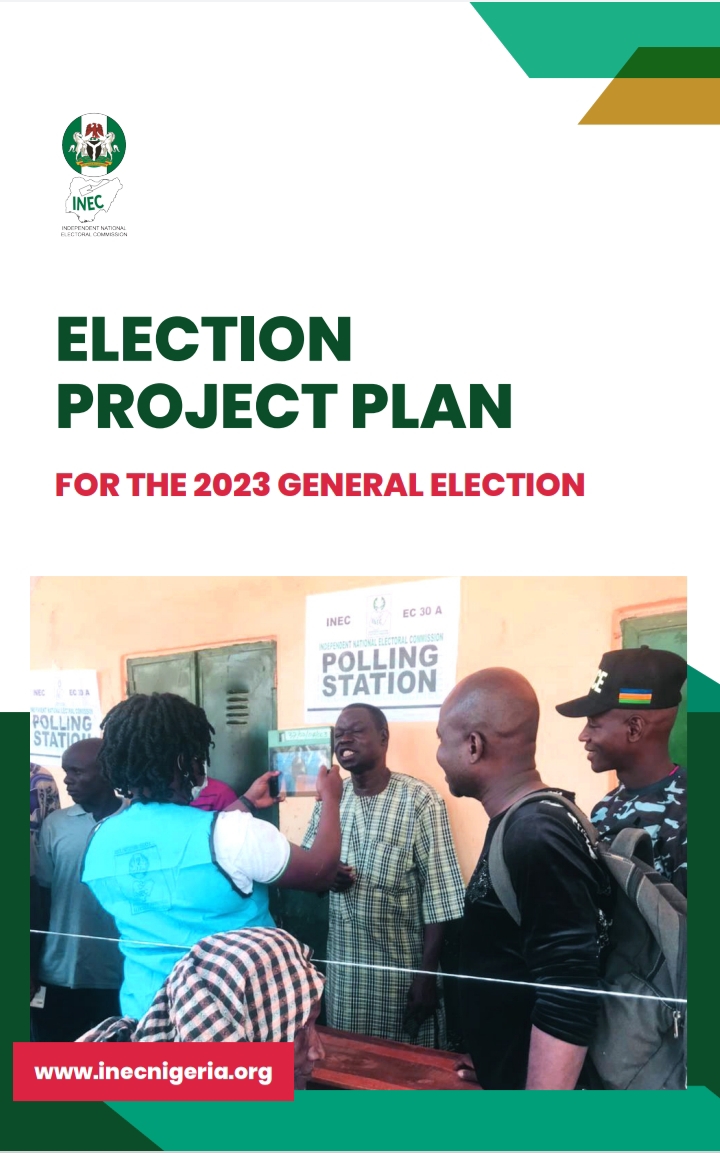



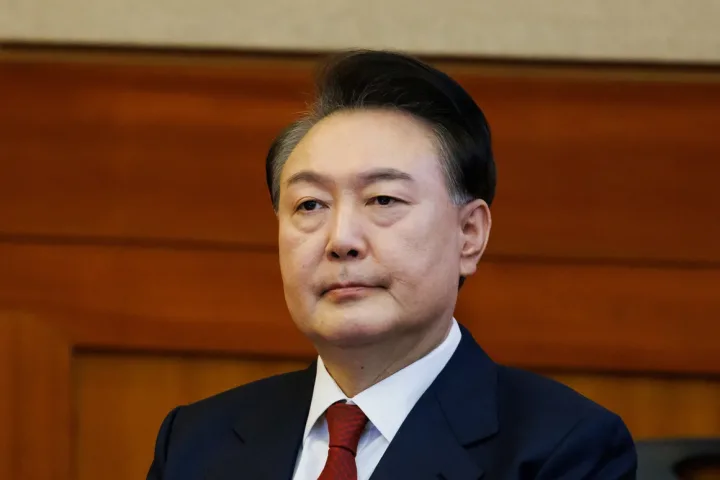
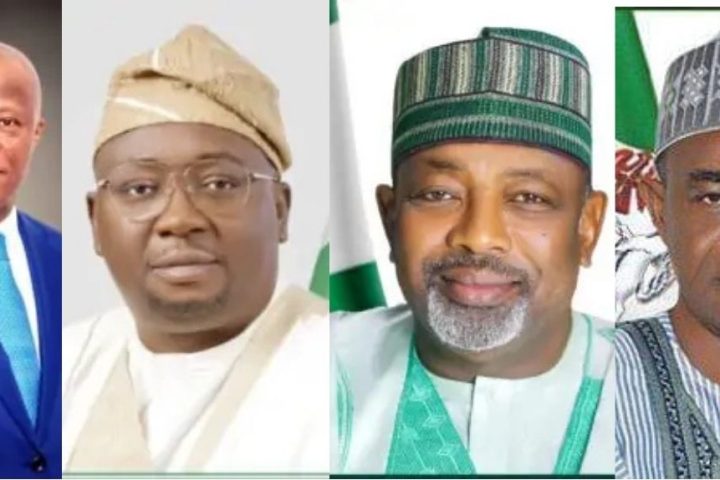
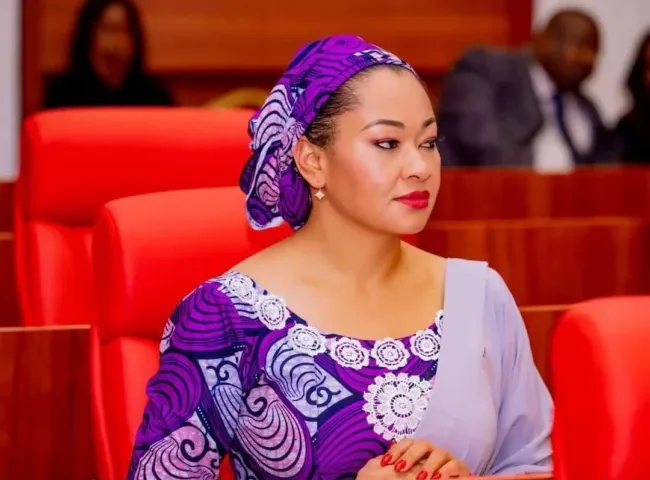









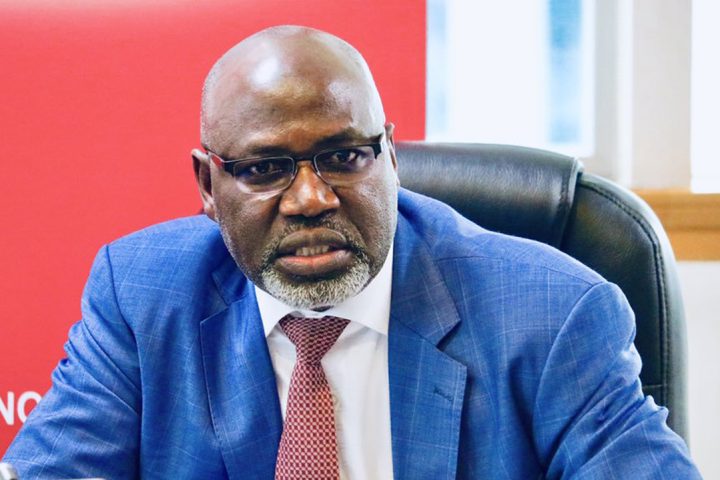
Follow Us